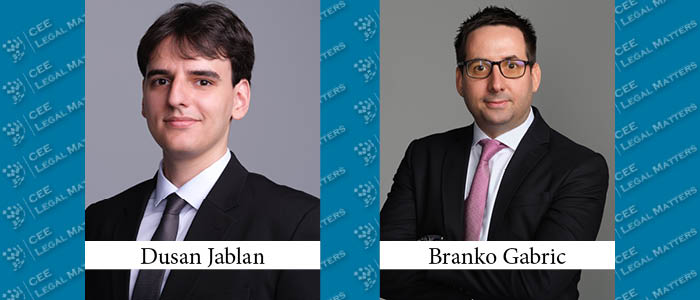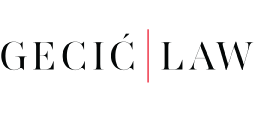The Foreign Subsidies Regulation (FSR), one of the EU’s latest state aid instruments, entered into force on January 12, 2023. Now, after six months, it starts to apply. This regulation establishes rules to govern foreign subsidies that could distort the EU’s internal market. It empowers the European Commission (“Commission”) to investigate financial contributions provided by non-EU countries to companies operating in the EU. If these contributions are found to be distortive subsidies, the Commission can enforce corrective measures to remedy these effects.
Our team provided a thorough overview of the regulation and its implications this article. In short, the FSR’s scope encompasses concentrations, public procurements, and all other market situations, introducing three tools:
The first tool allows the Commission to investigate concentrations which involve financial contributions from governments of non-EU countries, where at least one of the undertakings concerned is established in the EU and generates an aggregate turnover of at least EUR 500 million in the EU, and the combined aggregate financial contributions granted to the undertakings concerned exceeded EUR 50 million in the past three financial years.
The second tool enables the Commission to scrutinize bids in public procurement procedures that include financial contributions from non-EU governments, where the estimated contract value is at least EUR 250 million, and the bid involves a foreign financial contribution of at least EUR 4 million per third country in the three financial years prior to the notification.
The third tool permits the Commission to investigate other market situations on its own initiative (ex-officio review). If there is a suspicion that a specific foreign subsidy may be harmful to the internal market, this tool allows the Commission (1) to request data regarding the problematic subsidy from market participants under investigation or other market participants, during preliminary review, and (2) to conduct inspections within and outside the EU to gather the relevant data, if necessary.
Regarding notifiable concentrations and public procurement procedures, the Commission can investigate foreign subsidies provided up to three years before the transaction. The FSR will not apply to concentrations concluded and public procurements initiated before July 12, 2023. In all other instances, the Commission can examine subsidies given up to 10 years in the past. However, the FSR only applies to subsidies granted within the five years preceding July 12, 2023, if such subsidies distort the Single Market after the start of application.
The FSR also introduces a “balancing test” for assessing whether the benefits of subsidies outweigh the potential adverse effects on the EU market. Therefore, if the Commission finds that there is a foreign financial contribution with distortive effects, it will weigh its negative distortive effects against its positive impact to determine redressive measures.
In the ensuing months, we anticipate further developments related to the FSR. Specifically, the notification obligation for companies will become effective as of October 12, 2023. Thus, companies receiving foreign financial contributions in non-EU countries and operating in the EU should be mindful of this new EU legal instrument.
Stay tuned for more updates!
By Branko Gabric, Counsel and Dusan Jablan, Associates, Gecic Law


